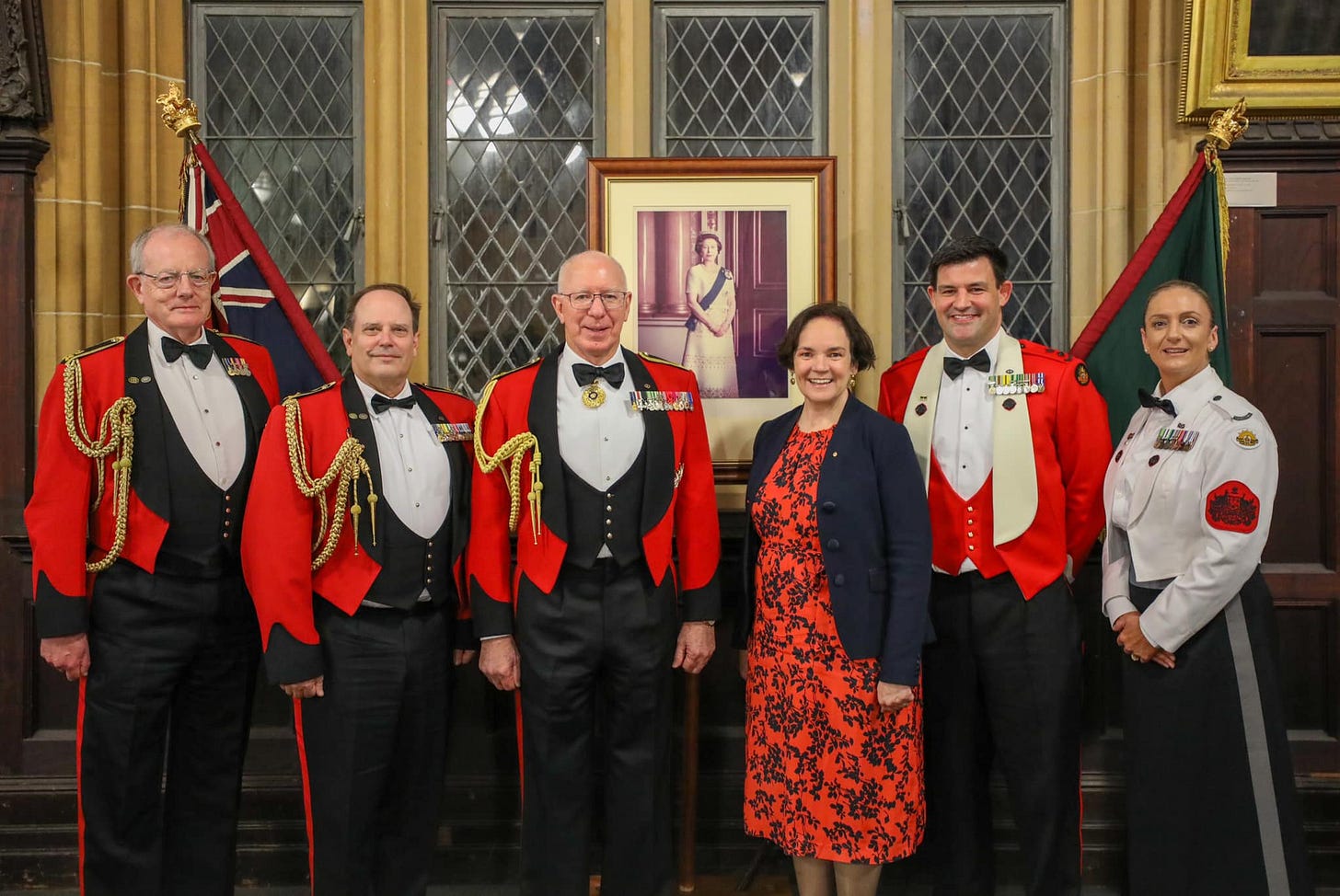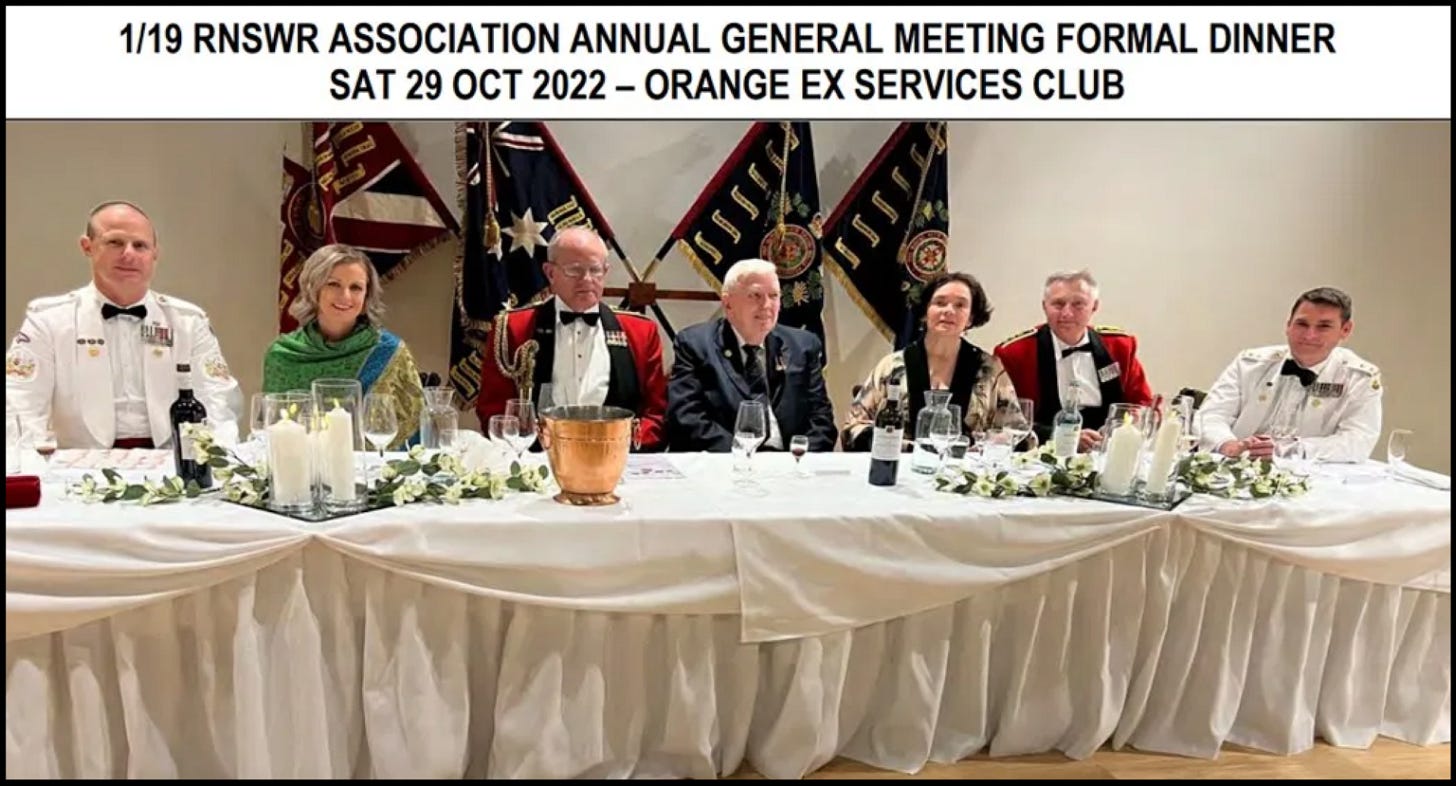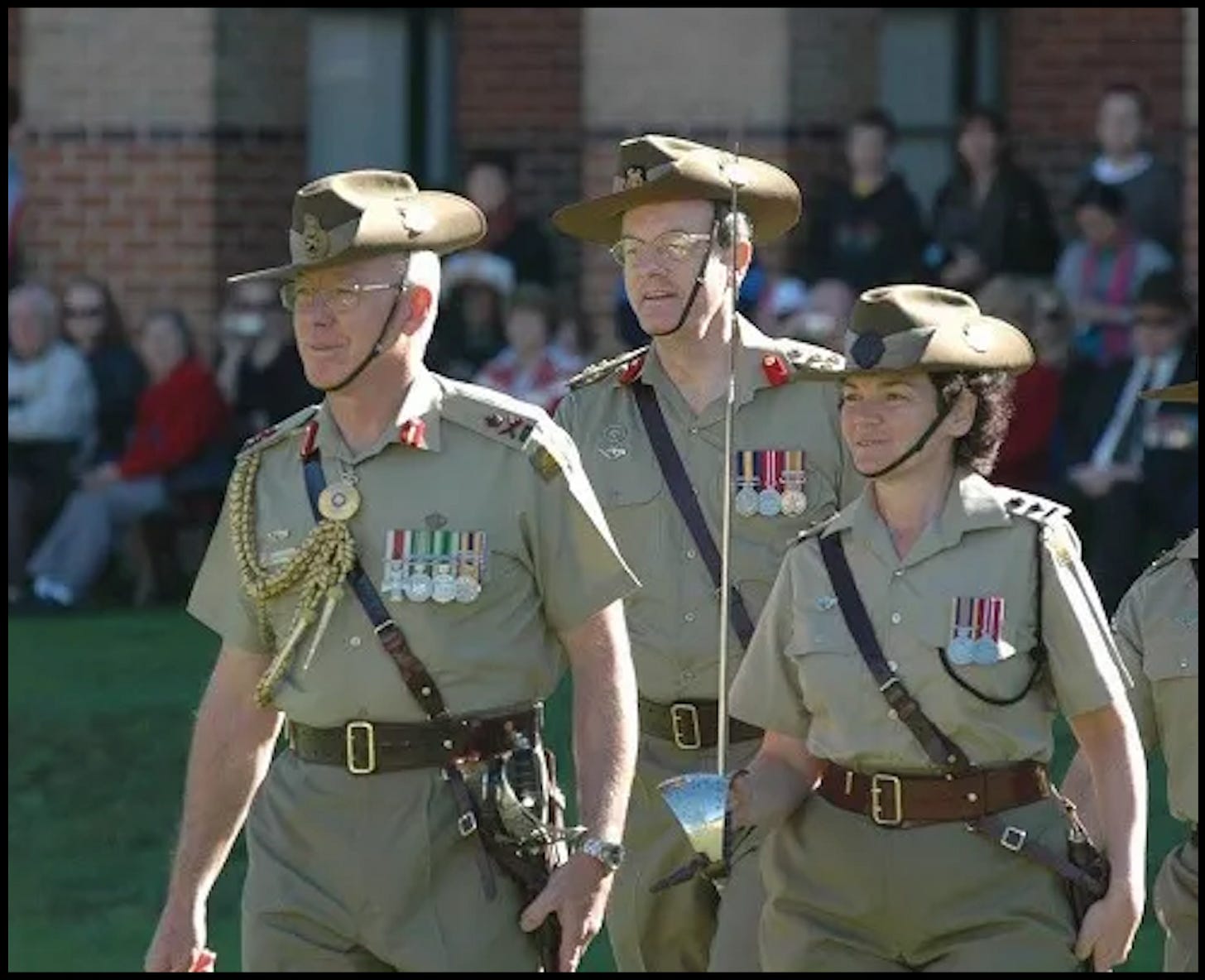Brereton’s NACC cloaked in military-grade secrecy
Monday marked the first anniversary of the National Anti-Corruption Commission. This deep dive into the NACC's first decision discovers secrets upon secrets, and the military seemingly at every turn.
The head of the 2020 inquiry into alleged war crimes by Australian troops in Afghanistan, Justice Paul Brereton, was officially criticised for failing to hold senior officers accountable.
The independent panel appointed to oversee the Brereton inquiry rejected Justice Brereton’s conclusion that senior commanders should not be held accountable for the murder of 39 Afghans.
The report by the Afghanistan Inquiry Implementation Oversight Panel, led by Dr Vivienne Thom, said: ‘The Panel did not agree with the Brereton Inquiry’s view that some accountability and responsibility could not fall on the most senior officers.’
‘The assessment of accountability and responsibility starts at the top. More senior officers have to take some level of responsibility for what goes wrong in their organisation … If no one at an appropriate level of authority knew anything about the misconduct, that is an organisational failure in itself,’ the panel said.
Fast forward to June 2024, and the National Anti-Corruption Commission (NACC), which is headed up by Justice Paul Brereton, shocked the nation by declaring that no action would be taken against the six key public officials involved in Robodebt, which saw $1.7 billion in debts unlawfully raised against more than half a million social security recipients, some of whom died by suicide as a result of the alleged debts.
In justifying its decision, one reason the NACC gave was that ‘the oppression involved in subjecting individuals to repeated investigations’ was ‘undesirable’.
Compare the NACC’s concern for the six officials with Federal Court Justice Brendan Murphy’s comments when approving the Robodebt class action settlement in June 2021: ‘The proceeding has exposed … a massive failure of public administration.’
Justice Murphy said many people had suffered greatly – experiencing financial hardship and distress, including suicidal ideation and in some cases suicide, and shame from being branded welfare cheats.
On the issue of oppression, Geoffrey Watson SC, a former counsel for NSW’s Independent Corruption Against Corruption, told the ABC: ‘My best advice to people who have been through these sorts of events is not to do things which could be corrupt if you wish to avoid public exposure for corrupt acts.’
An inquiry into the NACC’s decision will now be held by the NACC inspector Gail Furness SC after her office received ‘nearly 900 individual complaints’ from the public.
Monday marked the first anniversary of the NACC’s establishment but ongoing concerns have been expressed at the lack of transparency surrounding the integrity commission.
The first major blow was the announcement by the Albanese Government, shortly after winning power on the back of promising a commission ‘with teeth’, that all hearings of the NACC would be conducted in secret, except in (undefined) ‘exceptional circumstances’.
In June came the second blow – that the NACC would not investigate the Robodebt referrals, even though the Robodebt Royal Commission had extended its reporting date to 1 July 2023 specifically so it could make these referrals to the new NACC.
The NACC’s refusal to provide any deeper details for its decision, despite facing no restrictions to do so, was heavily criticised. In a remarkable statement, the body that is tasked with upholding accountability and transparency in public life stated: ‘The [NACC] will not be making further comment.’
Geoffrey Watson SC said it was extraordinary that an organisation that should be ‘our safe pair of hands on accountability and transparency’ would write such a sentence. ‘This is their first great opportunity and the organisation has failed.’
The NACC said it would use its ‘education function’ among other strategies ‘to address the integrity issues raised in the final [Robodebt] report … to ensure those lessons are learnt, and to hold public officials to account’.
We asked the NACC how it will ‘hold public officials to account’ when it is not taking any further action against them, but the NACC refused to comment, citing the inquiry by Furness.

Potential conflict of interest
The NACC statement noted that ‘in order to avoid any possible perception of a conflict of interest’ Commissioner Brereton had ‘delegated the decision … to a Deputy Commissioner’.
No details were given regarding the nature of Justice Brereton’s conflict. Nor did the NACC release the name of the deputy commissioner delegated to make the Robodebt decision.
One possible scenario is that the conflict of interest relates to Brereton’s association with Kathryn Campbell, the most senior public servant who oversaw the unlawful Robodebt scandal.
Brereton and Campbell served together as senior officers in the Australian Army Reserve, both attaining the rank of major general.
Independent journalist Shane Dowling has uncovered numerous pictures of Brereton and Campbell together at the same events, along with David Hurley before he became Governor General, dating back to at least 2008.
In June 2021, Justice Murphy described Robodebt as a ‘shameful chapter in the administration of the commonwealth social security system’.
In July 2021, Kathryn Campbell resigned from the Australian Army Reserve, ending her 32-year military career. She was the Reserve’s highest-ranked officer.
Campbell continued to attend Army Reserve celebrations after her resignation. She was photographed with Justice Brereton and Governor General Hurley through to late 2022 when the Robodebt Royal Commission was in progress.

Military background wrong ‘skill set’ for integrity commission
The decision to appoint a military figure to head up the NACC was thrust into the spotlight by the Robodebt decision.
Speaking generally, Geoffrey Watson SC said he wouldn’t ‘pick a military person to run any kind of body like this’.
‘Military people love power, and how do you get power? You have control. And how do you get control? You’ve got secrecy. It is exactly the opposite kind of skill set that you want for an organisation like this.’
Another potentially counterproductive influence or bias is the ingrained military deference to those of superior rank.
The NACC’s Robodebt decision therefore also raises questions about potential investigations into the Defence sector.
Alongside politicians, the highest ranks of the military are closely involved in decision-making on major arms procurement programs.
Australia is spending unprecedented amounts of taxpayer money on weapons procurement following the AUKUS agreement. The vast sums represent a significant honeypot for multinational arms companies. Global research has shown that corruption is a key plank of the business model of the (legal) global arms trade.
Two large defence contracts are known to have been referred to the NACC for investigation: the $46 billion Hunter class frigates being built by BAE Systems and the $1.2 billion munitions production facility deal with Thales. There could be others.
The following questions were put to the NACC:
In what specific ways does the commission intend to “hold public officials to account” to “address the integrity issues raised in the final report” given it is not taking any further action against the senior officials?
Please provide details of the Commissioner’s conflict of interest in this matter.
Did it involve his acquaintance/friendship with Kathryn Campbell?
If so, to what specific degree was the Commissioner involved in the NACC’s assessment of this referral? Was it only the final decision that was delegated to a deputy commissioner, or did the Commissioner recuse himself from the entire process?
We received the following response from an unnamed person at NACC media:
In relation to the decision made by the Commission, we refer you to the statement published on 6 June 2024. As the decision is the subject of an inquiry by the Inspector of the National Anti-Corruption Commission, we will not be making further comment.

This article was first published at The Klaxon on 1 July 2024.







Thankyou Elizabeth and Michelle. This is invaluable work that you are doing.